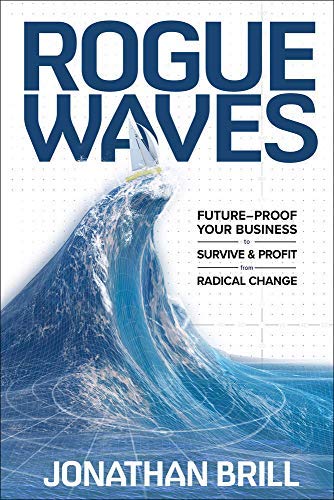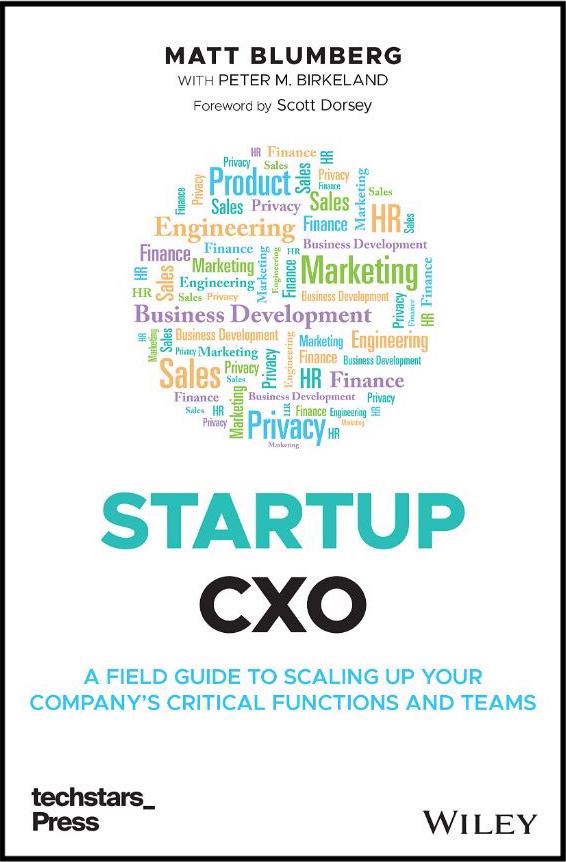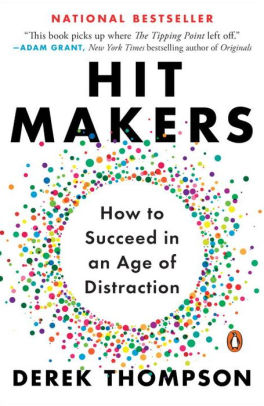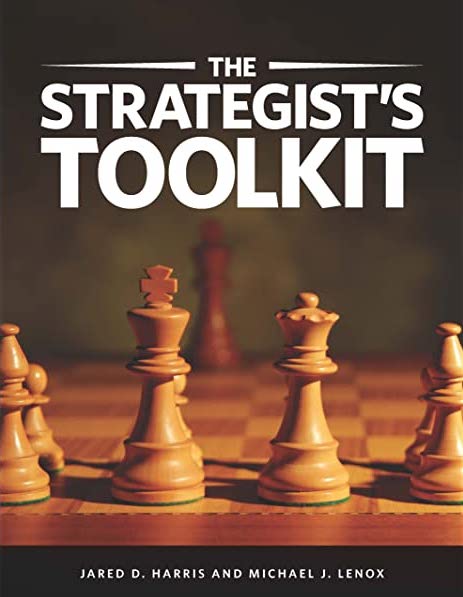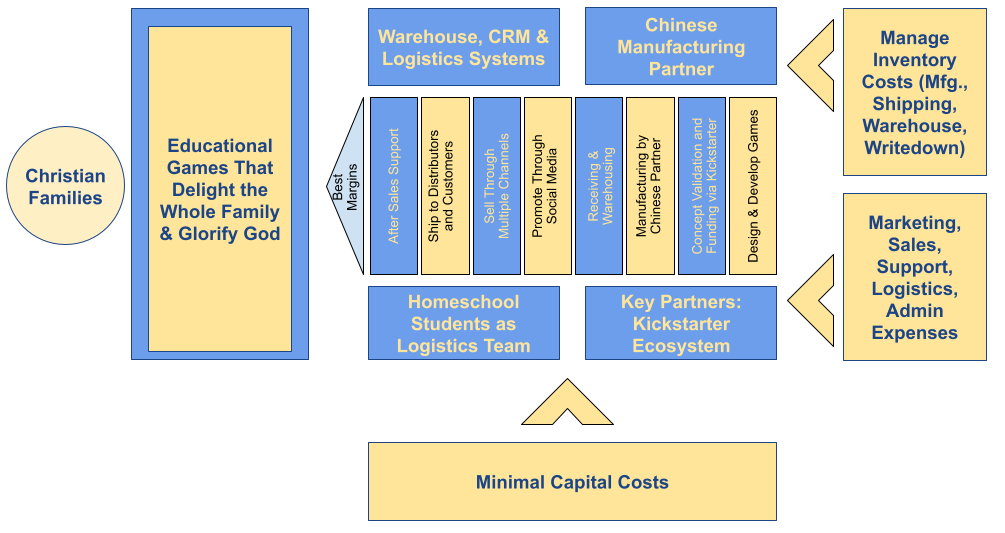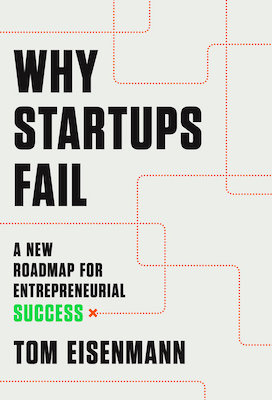Book Brief: Rogue Waves
In Rogue Waves, Jonathan Brill uses the analogy of hundred-foot tall walls of water that pop up out of nowhere to mysteriously sink even the largest of ships to describe the current business environment. Economic, technological, social, and political undercurrents and seemingly minor turbulence combine to create what have often been called Black Swans: Covid-19, the 2008 financial crisis, massive cybersecurity breaches, etc.
After describing this new reality, Brill introduces what he calls “the ABCs of Resilient Growth”: Awareness, Behavior Change, and Culture Change. These define the three main parts of the book, with each section full of helpful stories, frameworks, and tools to understand how organizations must change to be able to survive and thrive through this chaotic future.
Rogue Waves proposes dramatic changes in how organizations operate, starting with relatively simple environment scanning processes but quickly moving to more significant changes in operations and even fundamental cultural changes. Therefore, the book is neither a source of quick, easy fixes nor a reference manual to keep on the shelf for occasional reference. Instead, the book will be most helpful for business leaders who recognize the danger and opportunity inherent in today’s dynamic environment and who have the fortitude to commit to the level of change Brill is proposing. The book is most applicable to large organizations with the depth of resources to pursue the needed changes, although smaller and younger organizations will likely benefit from understanding the underlying changes and may find them easier to implement (although likely in somewhat different forms than the author proposes).
I’ve long said that technology revolutions represent power and danger and that the winners will be those that learn how to leverage the power and manage the danger. Rogue Waves broadens the applicability of that observation beyond just the easily recognizable coming waves of technology change to also include economic, social, and political turbulence, and even more importantly, the times when those undercurrents converge in perhaps surprising ways. As the author puts it in the final paragraph of the Epilogue “Bigger waves mean bigger risk and more unexpected threats, but they also contain immense power, which presents immense opportunity.” The book does a great job of providing tools, frameworks, and approaches to both capture the power and manage the danger of these “big waves.” If you are up for the challenge of wrestling the fundamental organizational changes called for, I strongly recommend Rogue Waves, especially to leaders of large and mature corporations.
Book Brief: Rogue Waves Read More »

